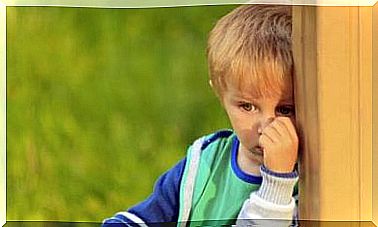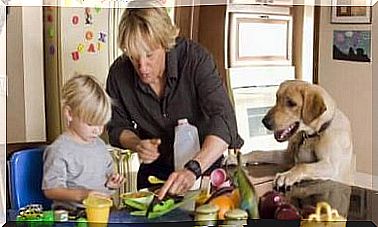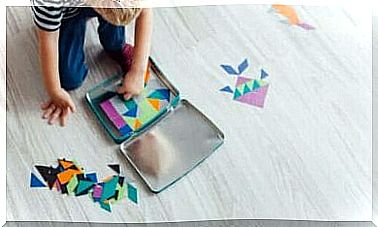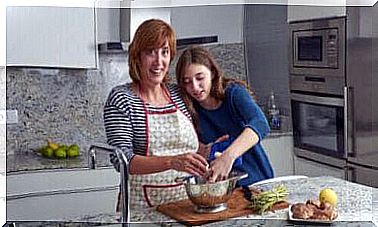Apapachoa: The Art Of Caressing Your Child’s Soul

Apapachoa is a beautiful word that comes from the ancient Nahuatl language of Mexico. The language is thousands of years old, but the verb has been incorporated into modern Spanish as apapachar .
It is difficult to find an exact equivalent to the full meaning of the word. The closest thing is “to caress the soul”. The meaning of apapachoa is thus to be caring, present and loving.
Although the idea of a soul has been rejected and criticized by the greater part of the scientific community, its cultural and spiritual significance is still very strongly rooted among us. In fact, the renowned psychoanalyst Carl Gustav Jung referred to the soul.
Whether you believe in a human soul or not, you can still value its symbolic representation. A person’s soul is where one finds care and affection.
The soul is the essence of a person and should be valued and taken care of to spread light to those we truly love.
Therefore , one of our greatest responsibilities as mothers and fathers is to create a strong connection with our children at an early age. Our love needs to penetrate our baby’s skin and reach into her core, her essence… her soul.
Apapachoa is much more than hugs

Some say that nothing is better than a hug. But apapachoa is so much more than that. It means giving support and love in a much deeper and more intimate way. Apapachoa means to caress and value their feelings, to strengthen the bond. It means expressing affection with a glance or your mere presence. To assure the other person that he will never be abandoned. It is the knowledge that the other person is always with us, loves us, values us and carries us in his heart.
You will grow up in my lap so that I can rock your body, your heart and your soul
The principles of attachment parenting validate the concept behind the word apapachoa. This ancient word can also be translated as massaging into care. In other words, to use your loving touch to caress others, reach their hearts and connect with their innermost being.
Every time you breastfeed your baby, you practice apapachoa. Few actions represent the art of caressing your baby’s soul better than breastfeeding.
Breastfeeding reaches not only the baby’s body. When you cuddle with her and look her in the eye while breastfeeding, you caress her soul.
The attachment theory tells us that the time we have to hold the children in our arms is very short. However , the child’s memory of the love he experienced there, the feeling that you were available, will last a lifetime.
Cuddling with your baby every opportunity you get is one of the best investments you can make. It involves a constant and genuine care and affection, and will in all probability provide a return in the future.
Apapachoa: To encapsulate positive emotions in the hearts of our children
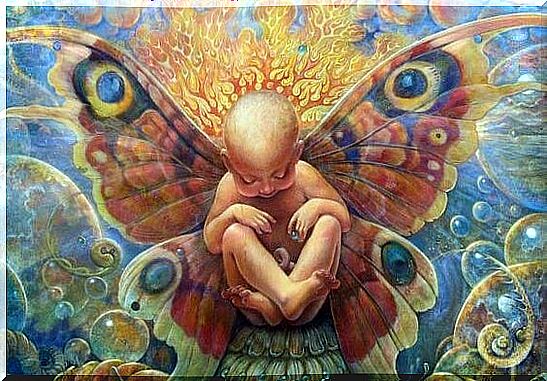
Few things are as vital as making a baby feel loved and protected. Babies do not just need the right number of hours of sleep or someone to rock them when they cry and take care of their needs.
What a child needs to grow up happy and mature is true love. Love that is shown and felt, that can be touched and inhaled.
I caress your soul to fill it with emotion
The principle behind the word apapachoa is vital and should be practiced daily to strengthen the child’s neural connections. Apapachoa is a way to guide your child and create lifelong bonds.
This ancient Nahuatl word has survived for so many thousands of years. It has become part of modern Spanish around the world. It gives an indication of its deep significance.
The art of apapachoa has cross-border value for us humans. We need positive emotions to be able to grow, feel that we belong and even to survive.
Apapachoa is to free a person from fear, his insecurities and remove sadness and anxiety from her heart.
So do not hold back; practice this art with those you love – especially your children. Embrace your children’s souls and give the world strong people who see love as a motive for their being.


